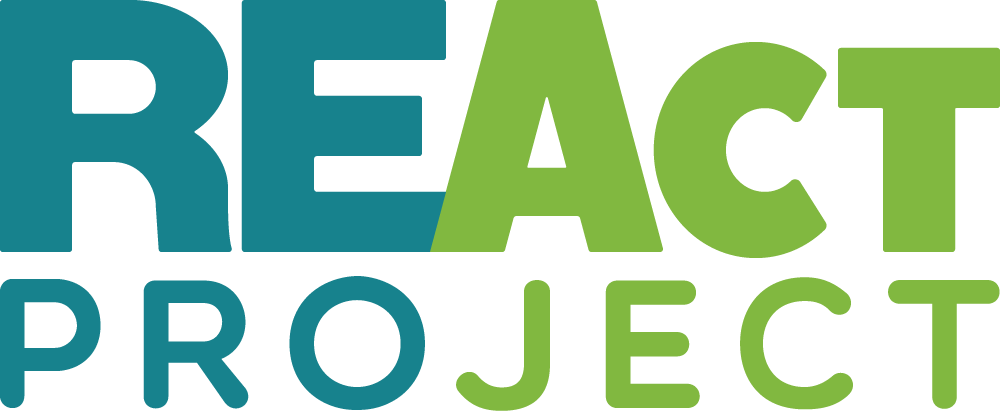
In a small-town N, where everyone knew each other, the fate of Aisha (name changed), a woman living with HIV, turned into a nightmare. Her ex-husband, a man who was once close to her, turned into a shadow watching her every move.
Aisha, living with her grandmother and two young children, found herself trapped. The man didn’t just refuse to let her go; he began to terrorize her life. Her ex-spouse invaded her privacy, intimidating her, and his attacks became increasingly aggressive. The threats turned into actual actions when the man not only beat her up but also began posting derogatory information on social media about her HIV status. This became not only a threat to her peace of mind but also a serious blow to her professional reputation.
In despair, Aisha turned to REActor for help – she told about the inaction of the district police officer, who seemed to ignore her problems, saying “it’s not like he’s killing you”. The paralegal advised her to apply to law enforcement for a protection order, and the woman is now awaiting trial, hoping to put an end to this history of violence. Also, after filing a report with the district Department of internal affairs, the ex-husband was summoned to the investigator and given a strict warning not to approach Aisha or the children.
Now, the woman awaits her trial, hoping that justice will be served and she will be able to start a new chapter of her life, free from fear and oppression. Her story is a cry for protection for victims of domestic violence and the importance of making every voice heard in the pursuit of justice.
As part of the regional campaign “Push forward! To end violence against women and girls”, REAct organized a series of webinars on how to counteract gender-based violence and how to qualitatively help women who come forward. Recordings of webinars in English, Ukrainian, and Russian are available below. In 2023, we encourage new listeners to view the webinar recordings. From November 25, 2023 to January 31, 2024, each participant receives a unique opportunity to take a short test and receive a personalized online certificate.
Visit useful materials on the REAct website for more useful courses and publications. Operative data regarding human rights violations of vulnerable to HIV/AIDS communities are availableis available as well on country data factsheets. Read more success stories of response here.



